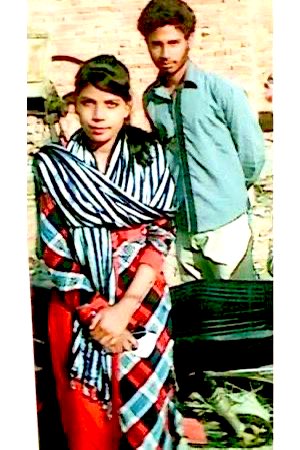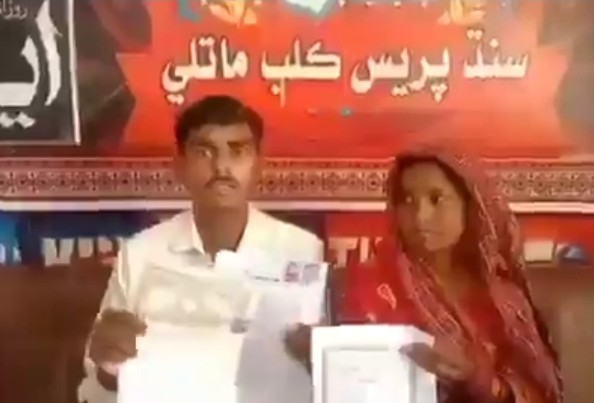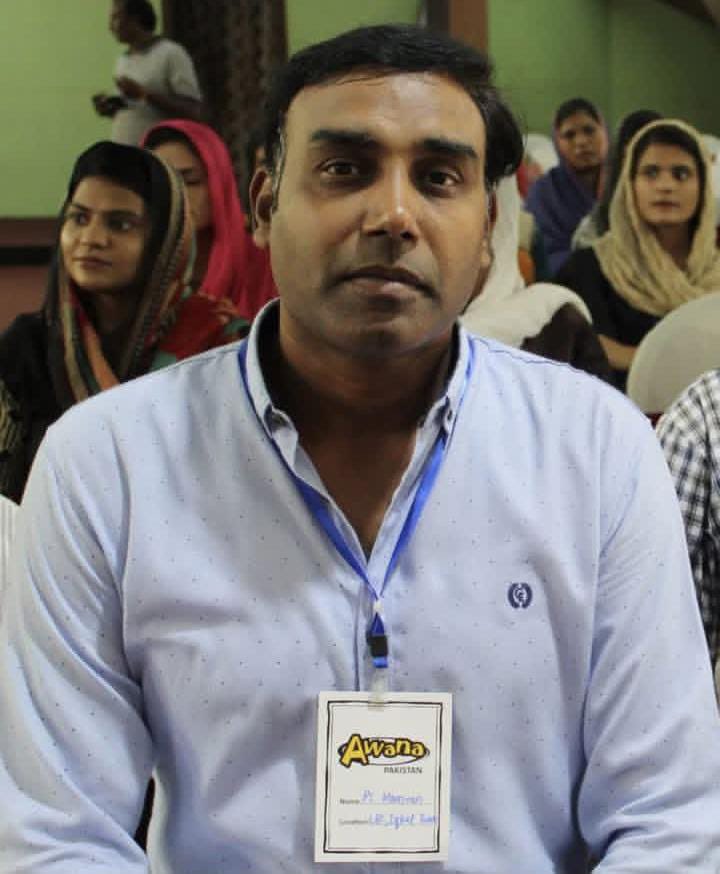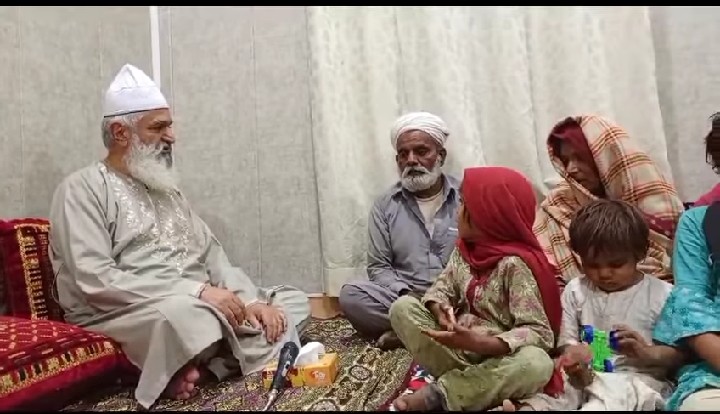The case of Samra Bibi, a 14-year-old Pakistani Christian girl who was allegedly abducted by Muhammad Ramiz, forcibly converted to Islam, and coerced into marriage, represents yet another troubling instance in Pakistan’s ongoing crisis of forced conversions and marriages of minority girls. This case joins the approximately 1,000 similar cases reported annually, where Christian and Hindu women are forcibly converted and married to Muslim men
A Systemic Issue
The pattern of such cases follows a disturbing trajectory: young girls from minority communities are abducted, forced to convert to Islam, and married to their captors. These actions are often legitimized through a complex web of social, religious, and legal mechanisms that fail to protect the victims
. Statistics reveal that of the estimated 1,000 annual cases, approximately 700 involve Christian girls and 300 involve Hindu girls
. Statistics reveal that of the estimated 1,000 annual cases, approximately 700 involve Christian girls and 300 involve Hindu girls
Legal Framework and Failures
Despite Pakistan’s constitutional guarantees of religious freedom for minority communities, the implementation of these protections remains woefully inadequate
. The recent Punjab Child Marriage Restraint Act, 2024, which raises the legal marriage age to 18 for both boys and girls, represents a step forward in protecting minors
. However, the enforcement of such laws continues to be challenging, particularly in cases involving religious minorities.
. The recent Punjab Child Marriage Restraint Act, 2024, which raises the legal marriage age to 18 for both boys and girls, represents a step forward in protecting minors
. However, the enforcement of such laws continues to be challenging, particularly in cases involving religious minorities.
Similar Cases and Patterns
Samra Bibi’s case mirrors several other documented incidents:
- Huma Younus, a 14-year-old Catholic girl, whose forced marriage was upheld by courts despite her young age
- Myra Shehbaz, also 14, who was ordered by the Lahore High Court to return to her abductor despite initially being placed in a women’s shelter
- Saneha Kinza Iqbal, 15, who was abducted and married to a man twice her age
Challenges in Seeking Justice
The victims and their families face numerous obstacles in seeking justice:
- Birth records are often manipulated to falsely claim girls are of legal marriageable age
- Religious conversion is frequently used as a defense in court
- Local authorities and the justice system sometimes appear complicit in these cases
- Societal and religious pressures often result in cases being dismissed or inadequately addressed
International Response and Advocacy
Human rights organizations, including the U.S. Commission on International Religious Freedom, have consistently raised concerns with Pakistani authorities about these issues
. The United Nations Human Rights Office (OHCHR) and various international organizations continue to advocate for stronger protections for religious minorities
.
Call for Action
The international community and human rights defenders are calling for:
- Implementation of comprehensive legal reforms
- Effective enforcement mechanisms to protect minority girls
- Specific legislation criminalizing forced conversions
- Greater accountability for perpetrators
- Enhanced protection for religious minorities
Conclusion
The case of Samra Bibi is not an isolated incident but rather a reflection of a broader systemic issue affecting religious minorities in Pakistan. While recent legislative efforts show some progress, the continued occurrence of such cases highlights the urgent need for more robust protection mechanisms and genuine commitment to enforcing existing laws. The international community must maintain pressure on Pakistani authorities to ensure the safety and religious freedom of all its citizens, particularly vulnerable minority girls.
For more updates and detailed coverage of this case and other issues affecting the Hindu and Sindhi communities in Sindh, Pakistan, stay tuned to Sindh Renaissance.






